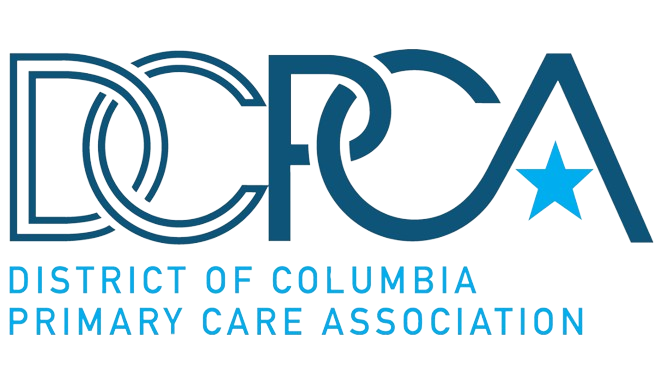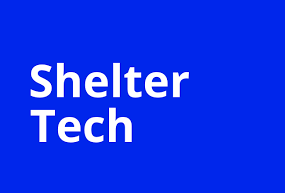Tag: homelessness
-

The DC Community Resource Information Exchange: Phase One Report
The District of Columbia’s community of health, human, and social service providers are struggling with a familiar challenge: they want to be able to more effectively coordinate care among their patients and clients, yet their systems can’t currently ‘talk’ to each other. In response to this issue, DC’s Department of Health Care Finance (DHCF) initiated…
-

Sunlight Foundation on local governments and the opening of social service data
Allegheny County’s Department of Human Services has long been known as one of the most innovative government agencies of its kind: their data infrastructure famously enables sharing of client information across a complex array of programs and powers analytic capabilities. As Ian Mavero started his role as their Chief Technology Officer, he took on the…
-

Building Both Technology and Community to Address Homelessness in San Francisco
ShelterTech is currently a 50 member strong all-volunteer non-profit, bringing free wifi and other digital tools to the homeless community of San Francisco. In November 2017, we won a grant from the Mayor’s Office of Housing and Community Development to collaborate with the SF Bar Association’s Homeless Advocacy Project to digitize their bi-annual print-only resource…
-

Streetlives NYC: designing with our users
[Our post today is from Adam Bard, founder of the Streetlives project. Welcome, Adam!] What is Streetlives Streetlives is a community built platform that will enable people who are homeless or in poverty to easily find, rate and recommend social services in NYC. This all-inclusive feedback loop can help stakeholders to collaboratively improve programs and…
